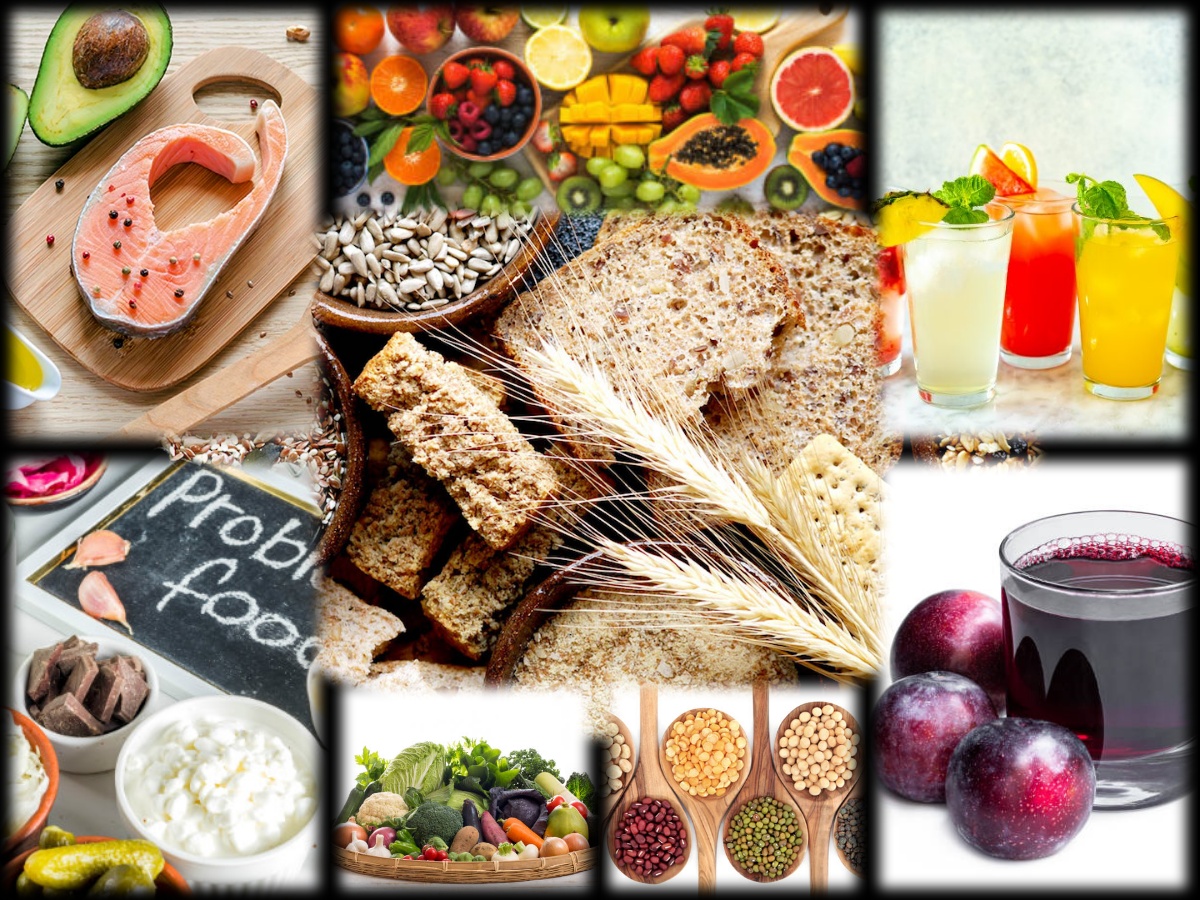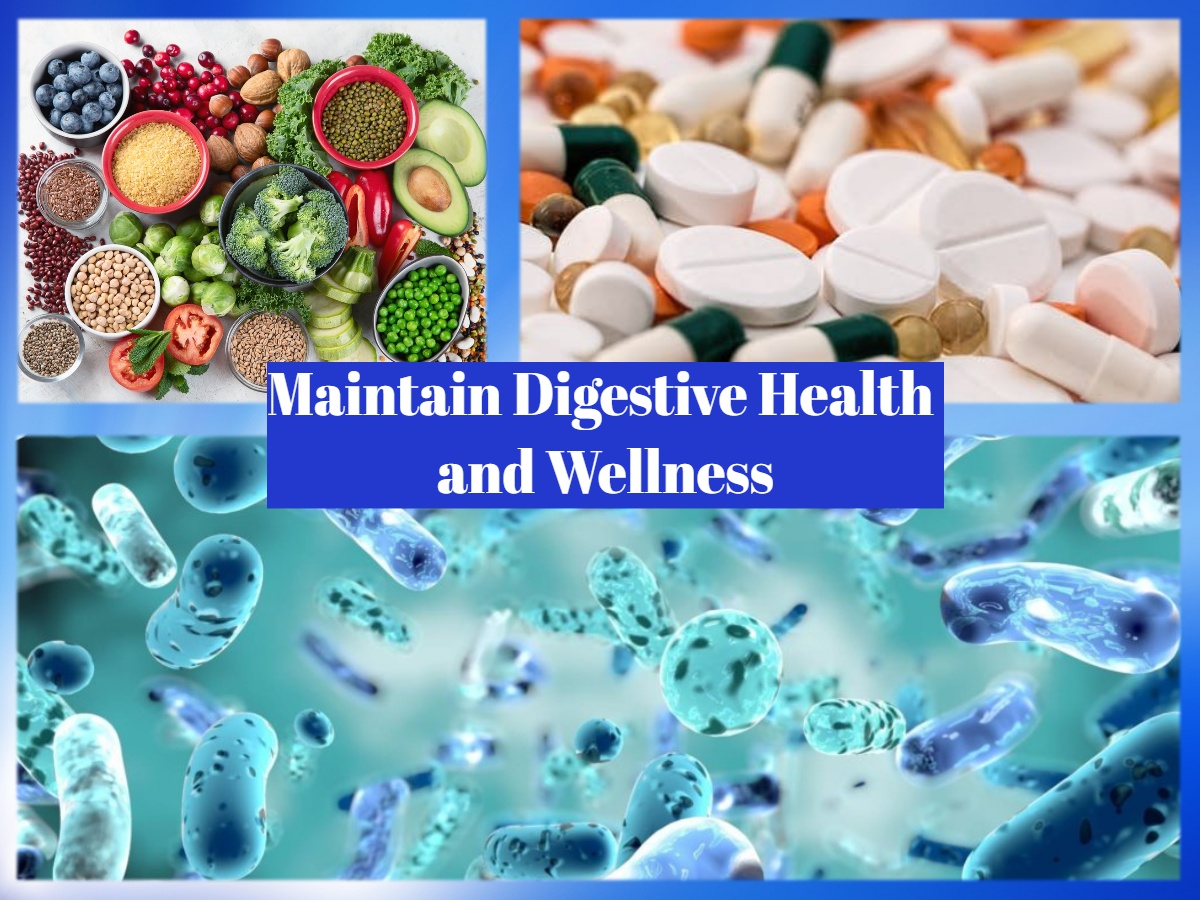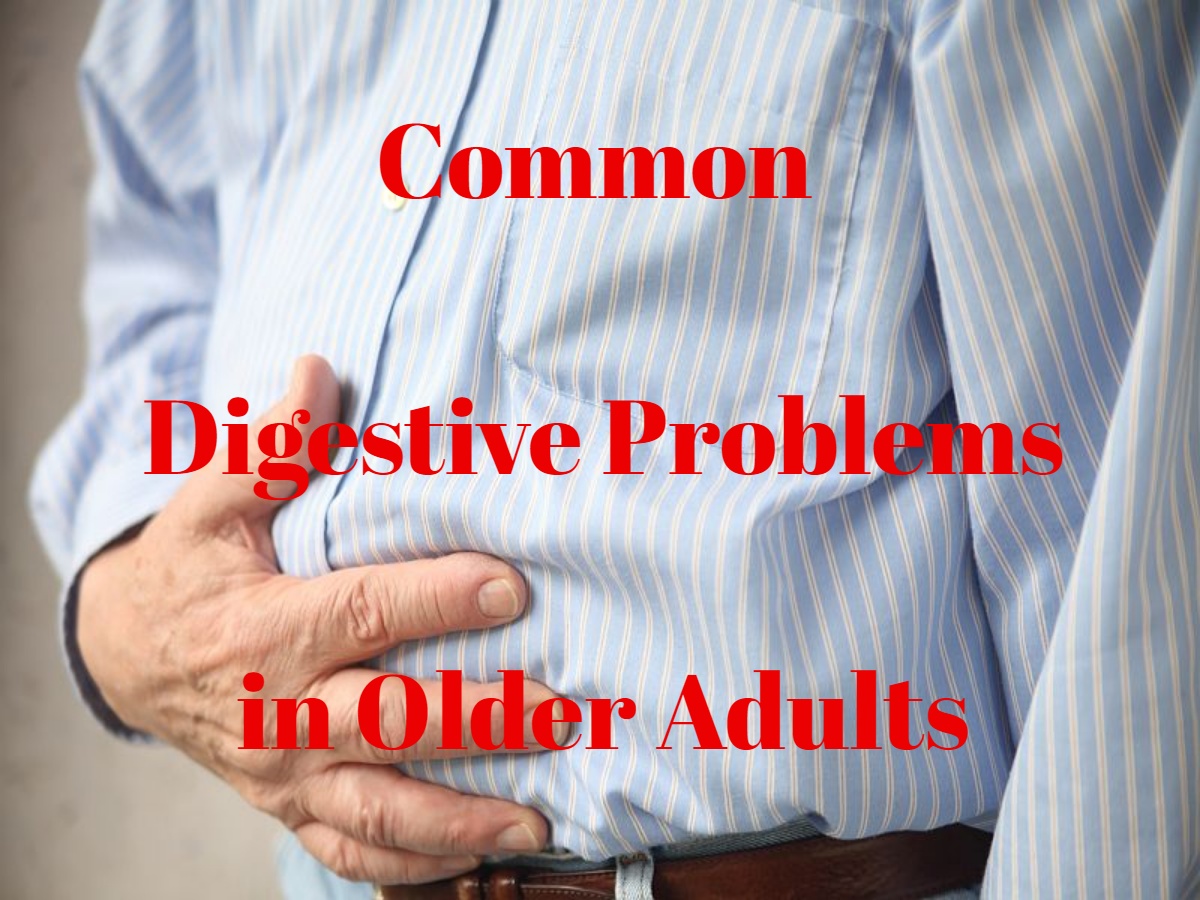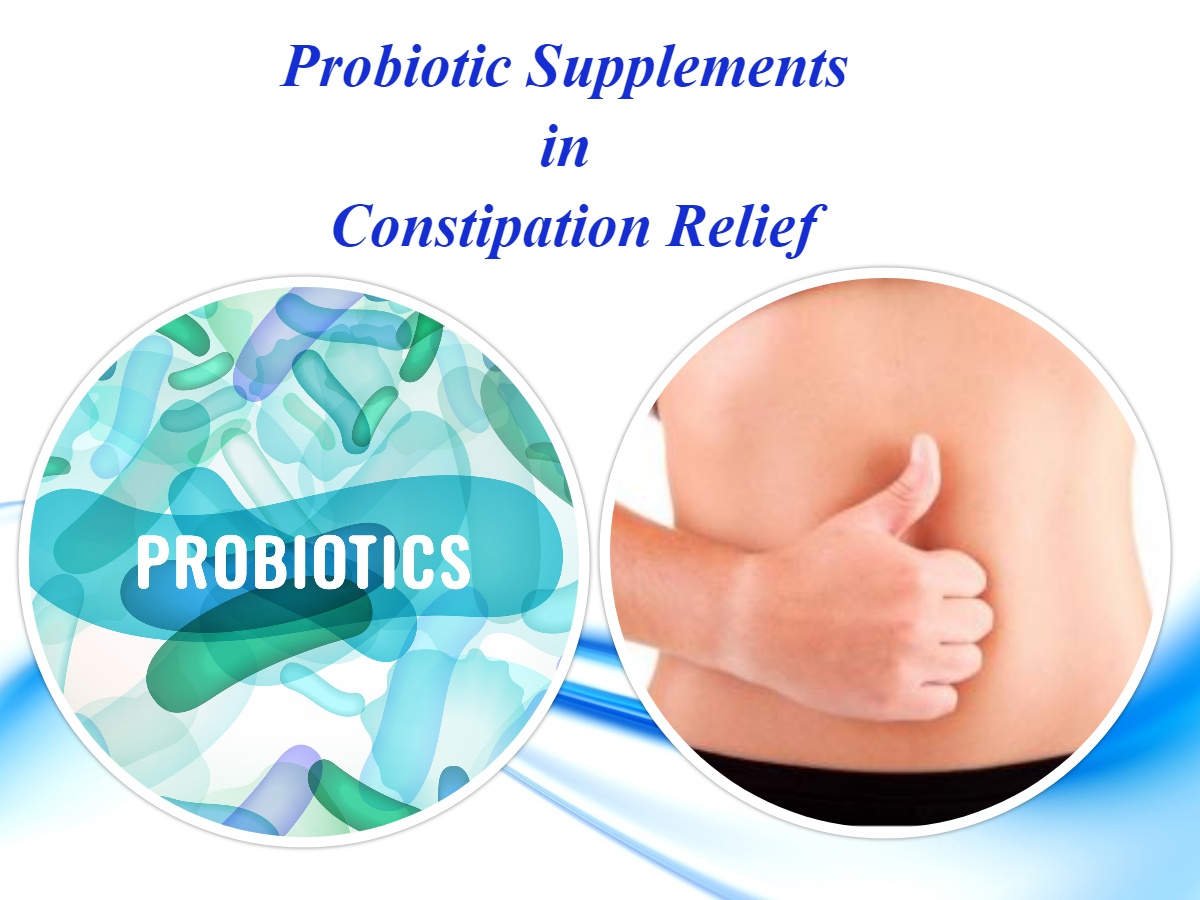Discover innovative constipation relief methods for the modern age, combining technology, diet adjustments, and holistic practices to enhance digestive health effectively.
Table of Contents
Innovative Strategies for a Common Dilemma
Constipation is a common problem that affects individuals of all ages, leading to discomfort and a decrease in quality of life. In our modern age, technology, diet, and practices are revolutionizing the way we approach constipation relief, offering more effective, convenient, and non-invasive options. This article delves into the innovative solutions available for managing constipation, ensuring that readers are well-informed about their options for enhancing digestive health.
Introduction
Constipation is more than a mere inconvenience; it’s a symptom of our times, influenced by our sedentary lifestyle, dietary choices, and the stress of modern living. Understanding and addressing this condition not only improves our physical well-being but also our overall life satisfaction. In this comprehensive guide, we explore various facets of constipation relief, from cutting-edge technologies to dietary adjustments and natural practices that promote digestive health.
Technological Advancements in Constipation Relief
In the quest for constipation relief, technology offers some of the most innovative solutions. Smart toilets, for instance, can analyze stool samples and provide feedback on digestive health, while mobile apps dedicated to tracking dietary habits and bowel movements help individuals manage their digestive health more effectively. These tools not only aid in constipation relief but also empower users to take control of their overall health.
Dietary Changes for Constipation Relief
High-fiber Foods
Fiber is essential for healthy digestion. It adds bulk to the stool, making it easier to pass. High-fiber foods include fruits like apples, berries, and oranges, vegetables such as broccoli, carrots, and leafy greens, as well as grains like oatmeal, whole wheat pasta, and barley. Legumes, nuts, and seeds are also excellent sources of fiber. Incorporating a variety of these foods into your diet can help ease constipation.
Probiotics and Digestive Health
Probiotics are live bacteria and yeasts beneficial for your digestive system. They help balance the gut flora, improving gut health and promoting regular bowel movements. Foods rich in probiotics include yogurt, kefir, sauerkraut, tempeh, and kimchi. Regular consumption of probiotic-rich foods can aid in preventing and relieving constipation.
Hydration
Adequate hydration is crucial for preventing constipation. Fluids help soften the stool, making it easier to pass. Water is the best choice for staying hydrated, but other fluids like herbal teas and clear broths can also contribute to your daily fluid intake. It’s important to limit beverages that can lead to dehydration, such as alcohol and those high in caffeine.
Limiting Constipating Foods
While increasing your intake of fiber-rich and probiotic foods, it’s also beneficial to reduce consumption of foods that can exacerbate constipation. These include highly processed foods, which are often low in fiber, and dairy products, which can be constipating for some people. Reducing intake of red meat, which is low in fiber and can slow down digestion, may also help.
Balanced Meals
For constipation relief, it’s not just about what you eat but also how you eat. Consuming balanced meals that include a variety of nutrients will support overall digestive health. Try to include a source of fiber, a protein, and healthy fats in each meal to ensure a balanced diet that promotes regular bowel movements.
Fiber Supplements
If you find it challenging to get enough fiber from your diet alone, fiber supplements may be an option. Products containing psyllium husk, methylcellulose, or inulin can help increase fiber intake and relieve constipation. However, it’s important to start with a low dose and gradually increase it to prevent gas and bloating. Always consult with a healthcare professional before starting any new supplement.

Natural and Home Remedies
Hydration: The Cornerstone of Digestive Health
One of the simplest yet most effective remedies for constipation is to increase your water intake. Dehydration can make constipation worse, as the body absorbs more water from waste, which makes stools harder and more difficult to pass. Aim for at least 8 glasses of water a day, or more if you are active or live in a hot climate. Warm liquids, especially in the morning, can also help stimulate bowel movements.
Herbal Teas and Supplements
Herbal teas are a soothing way to increase your fluid intake and can also have mild laxative effects. Dandelion tea, for instance, is known for its diuretic and digestive benefits. Senna tea, derived from the senna plant, is a well-known natural laxative but should be used cautiously as it can lead to dependency if used too frequently. Peppermint and ginger teas can soothe digestive issues and help with mild constipation by relaxing the digestive tract.
Dietary Fiber: Nature’s Laxative
Increasing your intake of dietary fiber can help form soft, bulky stools that are easier to pass. Fruits like prunes, figs, and pears are high in fiber and natural sugars like sorbitol and fructose, which can have a laxative effect. Vegetables, whole grains, and legumes are also excellent sources of fiber. Gradually adding these foods to your diet can help prevent bloating and gas that can accompany a sudden increase in fiber.
Exercise and Movement
Physical activity can increase muscle activity in the intestines, helping to move stools through more efficiently. Even a daily walk or gentle stretching can make a significant difference in bowel regularity. Yoga poses, particularly those that involve twisting and bending, can also stimulate digestion and relieve constipation.
Abdominal Massage
Massaging the abdomen can stimulate the muscles surrounding the intestines, helping to move stools along. Using gentle, circular motions, massage your abdomen in a clockwise direction, following the path of the large intestine. This can be especially effective when done regularly, such as once a day.
Aloe Vera
Aloe vera is known for its soothing properties and can also be used as a natural laxative. Consuming aloe vera gel or juice can help increase water content in the intestines and stimulate bowel movements. However, it’s important to use aloe products designed for internal use and to start with small doses to avoid cramping or diarrhea.
Probiotics
Maintaining a healthy balance of gut bacteria is essential for digestive health. Probiotics, found in fermented foods like yogurt, kefir, and sauerkraut, or in supplement form, can help improve gut flora balance, aiding in digestion and preventing constipation.

Exercise and Physical Activity
The Link Between Exercise and Digestive Health
Exercise helps to accelerate your breathing and heart rate, which in turn can help to stimulate the natural contraction of intestinal muscles. Intestinal muscles that contract efficiently help move stools out quickly. Moreover, exercise can reduce the time it takes food to move through the large intestine, limiting the amount of water absorbed from the stool into the body. The result is softer stools that are easier to pass.
Specific Exercises for Constipation Relief
- Walking, Jogging, or Running: Cardiovascular exercises like walking, jogging, and running can significantly improve digestive health. The rhythmic movement of these activities can help to stimulate the intestines and can be easily incorporated into your daily routine.
- Yoga: Yoga isn’t just beneficial for stress reduction and flexibility; certain poses can specifically help with digestion and constipation. Poses like Pavanmuktasana (Wind Relieving Pose), Supta Matsyendrasana (Supine Twist), and Adho Mukha Svanasana (Downward-Facing Dog) can encourage movement in the intestines.
- Cycling: Both stationary and traditional cycling are excellent for enhancing abdominal muscle strength and stimulating bowel movements. The leg movement in cycling can also increase the rate at which food moves through the digestive tract.
- Swimming: Swimming and water aerobics can provide a gentle way to stimulate digestion. The buoyancy of water can also make these exercises easier on the body, making them a good choice for people of all fitness levels.
- Strength Training: Incorporating strength training exercises, especially those that target the core and abdominal muscles, can improve overall digestive function. Stronger abdominal muscles can help with the intestinal movement, aiding the body in the elimination process.
Tips for Incorporating Exercise into Your Routine
- Start Slow: If you’re new to exercise, start with low-impact activities and gradually increase intensity and duration.
- Stay Consistent: Regularity is key when it comes to exercise and its benefits on digestion. Aim for at least 30 minutes of moderate exercise most days of the week.
- Listen to Your Body: It’s important to listen to your body and not push too hard, as excessive strain, especially on the abdominal area, can be counterproductive.
- Hydrate: Drinking plenty of water is essential, especially when increasing physical activity, to help keep stools soft and prevent dehydration.

Mindfulness and Stress Reduction
Understanding the Mind-Gut Connection
The enteric nervous system, which governs the function of the gastrointestinal tract, is highly responsive to stress and emotions. Stress can lead to an imbalance in gut bacteria, altered digestive motility, and increased gut sensitivity, all of which can contribute to constipation. Mindfulness and stress reduction techniques help mitigate these effects by enhancing the body’s relaxation response.
Stress Reduction Techniques
- Regular Exercise: Physical activity is a potent stress reliever that can also directly benefit digestive health, as discussed earlier.
- Healthy Sleep Habits: Adequate and quality sleep is essential for stress management. Poor sleep can exacerbate stress and negatively affect digestive health.
- Time Management: Organizing your day and managing your time effectively can reduce stress levels, thereby positively impacting your digestion.
- Seeking Social Support: Connecting with friends, family, or support groups can provide emotional support and alleviate stress.

Mindfulness Practices for Digestive Health
- Meditation: Regular meditation can reduce stress levels, thereby positively affecting digestive health. Focusing on the breath during meditation can help shift the body from a state of stress to one of relaxation, facilitating smoother digestion and alleviating constipation.
- Deep Breathing Exercises: Deep, diaphragmatic breathing can activate the body’s relaxation response, reducing the production of stress hormones that can negatively impact digestion. Practicing deep breathing several times a day, especially before meals, can help improve digestive function.
- Yoga: Yoga combines physical poses with breath control and meditation, making it an effective stress-reduction tool that can also specifically target digestive discomfort. Certain yoga poses are designed to massage the abdominal organs, stimulate the digestive system, and relieve constipation.
- Progressive Muscle Relaxation (PMR): PMR involves tensing and then slowly relaxing each muscle group in the body. This practice can help alleviate physical and mental tension, with beneficial effects on the digestive system.
Constipation in Children and Elderly
Constipation in Children
- Dietary Changes: Incorporating more fiber into a child’s diet through fruits, vegetables, and whole grains can help soften stools and promote regular bowel movements. However, it’s important to increase fiber gradually to prevent gas and bloating.
- Hydration: Encouraging children to drink more water and limiting sugary drinks can help prevent dehydration, a common cause of constipation.
- Routine: Establishing a regular bathroom routine can help children recognize and respond to their body’s natural urges to defecate, reducing the likelihood of constipation.
- Positive Reinforcement: Using positive reinforcement and rewards can encourage children to follow dietary recommendations and adhere to bathroom routines.
- Physical Activity: Regular physical activity is essential for preventing constipation in children. Encourage outdoor play, sports, and other activities to keep them active.
Constipation in the Elderly
- Medication Review: Many medications commonly used by the elderly can contribute to constipation. Reviewing these medications with a healthcare provider and finding alternatives or solutions can be beneficial.
- Fiber Intake: Like in children, increasing dietary fiber is crucial. However, the elderly should also be cautious to increase their fiber intake gradually and ensure adequate hydration to avoid gastrointestinal discomfort.
- Hydration: The sensation of thirst may decrease with age, but hydration remains essential. Encouraging the intake of water and other fluids can help alleviate constipation.
- Exercise: Maintaining physical activity can be challenging due to mobility issues or health conditions. Tailored exercise programs, including walking or chair exercises, can help stimulate bowel movements.
- Bowel Routine: Establishing a regular time each day for bowel movements can help enhance regularity. This routine helps the body establish a consistent schedule for defecation.
Special Considerations
- Sensitivity to Laxatives: Both children and the elderly can be more sensitive to the effects of laxatives. It’s important to use these under the guidance of a healthcare provider and consider milder options like stool softeners for the elderly or pediatric formulations for children.
- Monitoring and Support: Regular monitoring and support from family members or caregivers can help in identifying constipation early and implementing effective strategies to manage it.
- Seek Medical Advice: Persistent constipation or constipation accompanied by pain, blood in the stool, or significant changes in bowel habits should be evaluated by a healthcare professional to rule out underlying conditions.

The Future of Constipation Relief
Personalized Medicine
The concept of personalized medicine is gaining traction across various medical fields, including gastroenterology. This approach involves tailoring treatments based on individual genetic makeup, lifestyle, and microbiome composition. In the future, we may see personalized diet plans, probiotic supplements, and medication regimens designed specifically for an individual’s unique gut flora and genetic predispositions, offering more targeted and effective constipation relief.
Advanced Probiotics and Prebiotics
The understanding of the gut microbiome’s role in overall health, including digestive health, is expanding. Future probiotics and prebiotics are expected to be more advanced, with specific strains tailored to address various digestive issues, including constipation. These developments could lead to highly effective, natural solutions for maintaining gut health and preventing constipation.
Smart Toilets and Wearable Technology
Technological advancements are set to revolutionize how we monitor and manage our digestive health. Smart toilets that can analyze stool samples for signs of digestive issues are becoming more sophisticated. Similarly, wearable technology might be able to track digestive health metrics in real-time, providing alerts and recommendations to prevent constipation before it starts. These technologies could offer a non-invasive way to manage digestive health proactively.
Non-invasive Stimulation Therapies
Emerging therapies that use electrical or magnetic stimulation to encourage bowel movements are showing promise. These non-invasive treatments target the nerves and muscles involved in digestion, potentially providing relief without the need for medication or dietary changes. As research progresses, these therapies could become a mainstream option for those with chronic constipation.
Regenerative Medicine
Research into regenerative medicine and stem cell therapy offers exciting potential for treating conditions that lead to constipation. By repairing or regenerating damaged nerves or tissues in the digestive tract, these innovative treatments could offer a permanent solution for individuals with constipation caused by underlying medical conditions.
Focus on Prevention
Preventive approaches to health care are becoming increasingly popular, emphasizing the importance of lifestyle factors in preventing diseases, including digestive disorders. Future strategies for constipation relief may focus more on education and lifestyle modifications, such as diet, exercise, and stress management, to prevent constipation from occurring in the first place.
FAQs
- What are the signs of constipation?
- How much fiber should I include in my diet for constipation relief?
- Are there any side effects to using over-the-counter laxatives?
- Can exercise really help relieve constipation?
- How does stress affect constipation?
Conclusion
Constipation relief in the modern age encompasses a range of innovative solutions, from technology and dietary changes to natural practices. By embracing these strategies, individuals can improve their digestive health and overall quality of life. As we look to the future, continued advancements promise even more effective options for managing this common condition.










